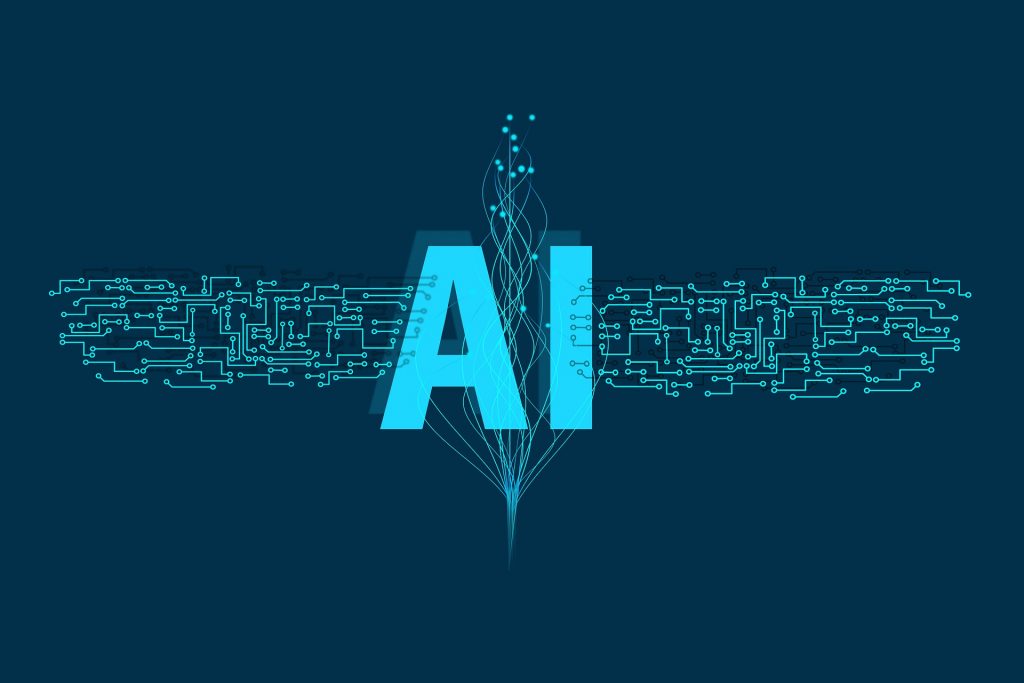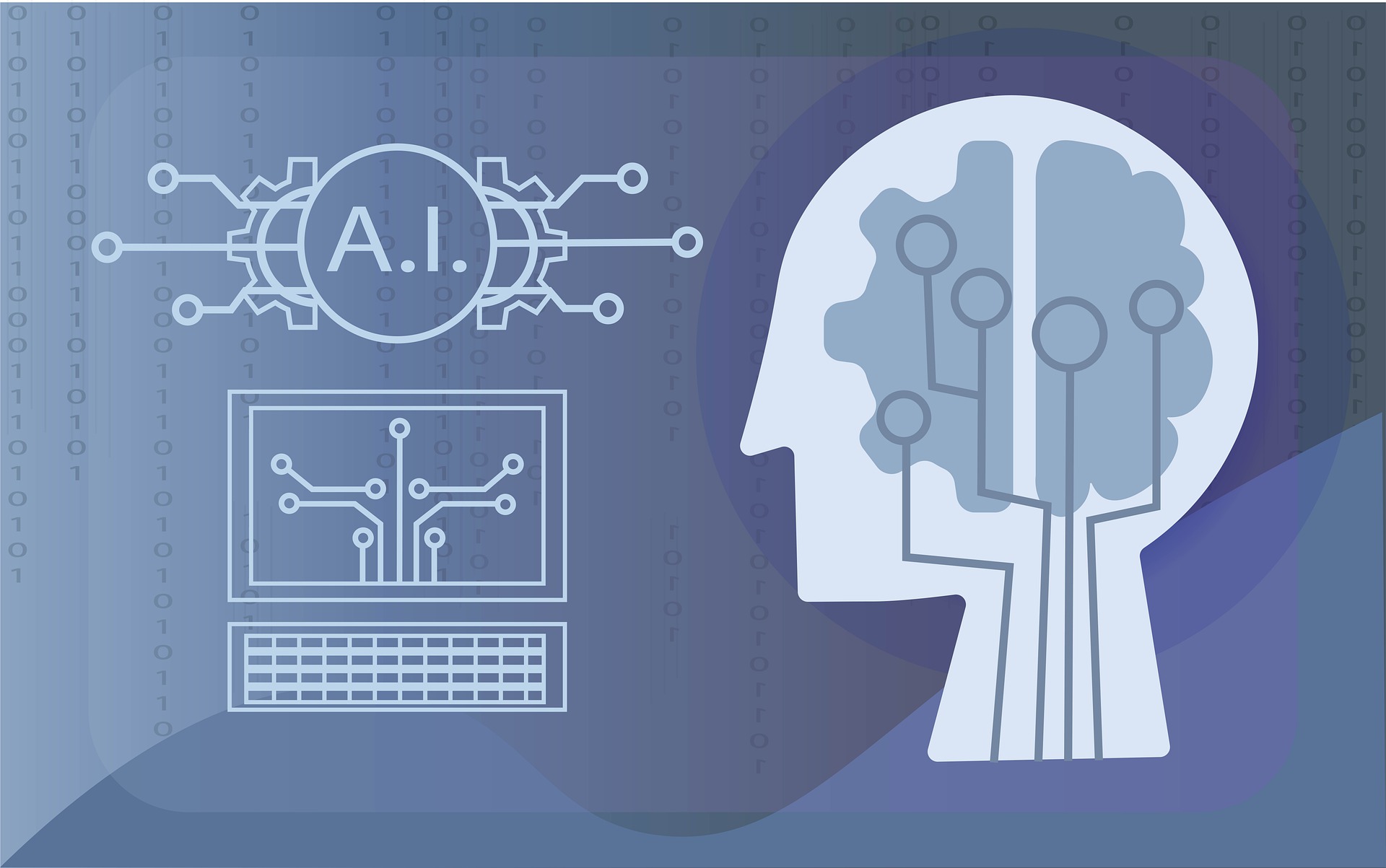
Nowadays the digital economy and artificial intelligence are among the most quoted terms in the media. Some reputable scientists categorically deny the very possibility of implementing artificial intelligence digitally, arguing that this is due to the inherent limitations of the binary code on which most modern computing machines operate.
If we analyze the arguments of those who are against artificial intelligence, we can conclude that AI technology in the commonplace opinion is something like an attempt to create an analogue of the human mind.
Analyzing how AI technologies are described by specialists involved in the practical introduction of artificial intelligence into the real economy, it is clear that this is not about creating robots with analogue of human consciousness.
Applied or subject-specific information technology does not at all imply the development of “cyborgs” as an alternative to living humans, but merely the introduction of digital automation in solving certain practical tasks of business, production, management and social life.
AI technology in simple words
Developments in the field of artificial intelligence in most cases are aimed at creating self-learning systems that can independently analyze changing situations in certain areas and to form new, more effective models of behavior and responses on the basis of the received data.
If we look closely at human’s practical use of intelligence, we’ll see that this is how the average person uses his natural intelligence. It is highly likely that artificial intelligence will never be capable of the full creative process. After all, inspiration most likely is not so much about the process of thinking as to the spiritual realm.

But the pragmatic tasks of adapting individual infrastructural elements to changing situations seem quite achievable even at the level of the power and speed of existing computing machines.
And what is most important – no artificial intelligence can act on its own free will and have its own “cybernetic” goals. Everything a computing machine does is unambiguously programmed and fixed in programs created by humans.
From this point of view, the apocalyptic plots of science fiction novels in which robots and artificial intelligence machines try to take over humanity make no sense. So, we have nothing to fear.
Examples of the practical service of artificial intelligence for the benefit of society and humanity
The simplest and most obvious example is the self-learning algorithms of the Google search engine. At each stage of interaction with this search service, the user is concerned with solving current problems and issues from his personal and business life. The self-learning algorithm of Google analyzes the current problems of the user and forms the selection of information that corresponds to the purpose of the search.
Life doesn’t stand still, the user has new problems, and he/she sets other search queries in the browser. As information in Google’s databases is updated, the self-learning algorithm upgrades existing search patterns to offer the most practical methods for solving new problems and challenges.
Isn’t this the same way a living person adapts to a changing situation? Life and business tasks are constantly changing, and in order to solve them effectively, a person has to analyze the incoming information, and on its basis time after time to invent new ways of behavior and algorithms to achieve the changed goals that are more relevant to the current circumstances.




